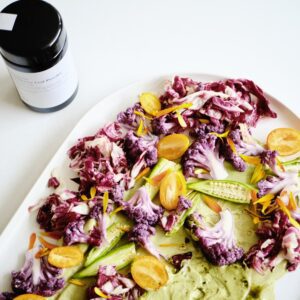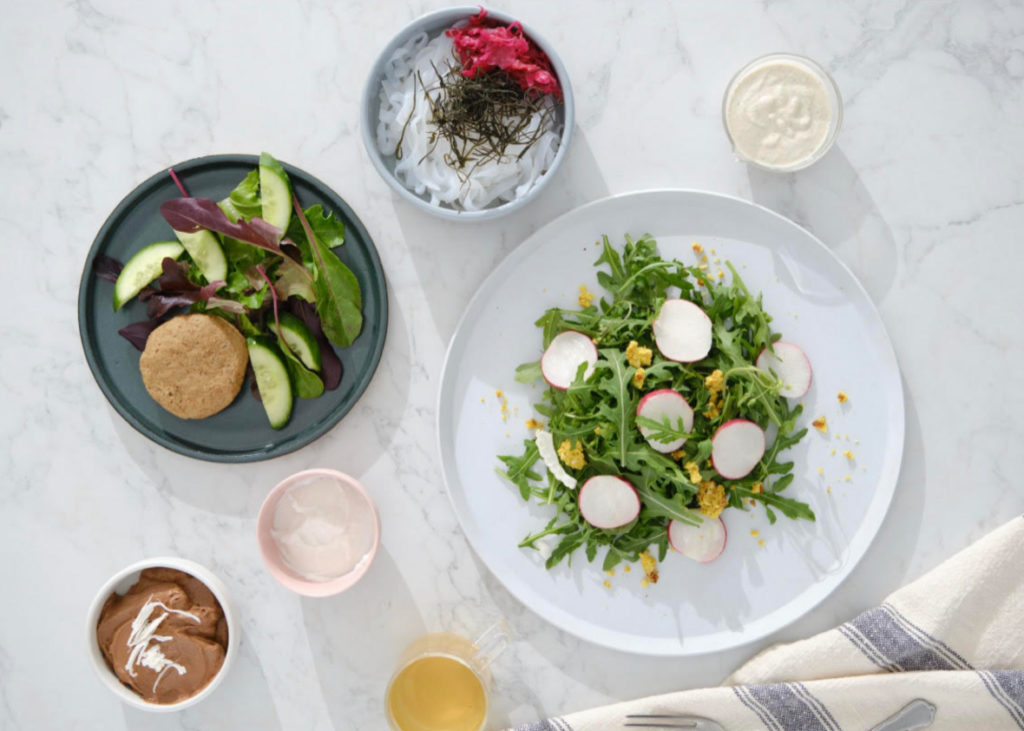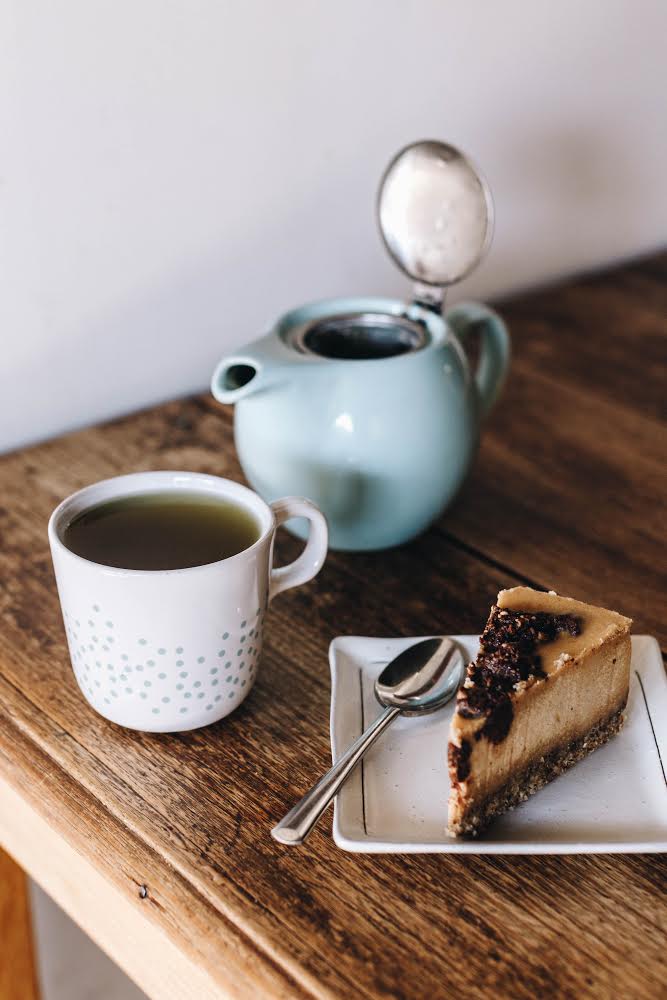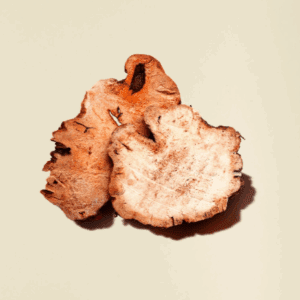
Coconut Yoghurt Cream with Mustard & Mulberry Leaf Powder
If you’re looking for a natural way to support blood

Kick-start, energise, rejuvenate
All carefully planned and prepared to help nourish, reset and rejuvenate the body and mind.

Herbs are consumed in many different forms. Some common herbs like basil, ginger, turmeric, oregano can be included in every day diet easily.
Other tonic / Medicinal herbs may need a little more preparations depending on the types, your preferences and convenience.
TEAS
It is one of the most traditional way to administrate herbs. Many of us like making tea for its calming and healing effect and it is a part of our daily rituals. Liquid are more likely to be absorbed more efficiently than solids, especially for those who may have digestive difficulties. It is easy for certain herbs such as chamomile, peppermint, gynostemma etc to be consumed in tea. The standard way of infusion is sufficient enough to extract the constituents. Cover the herbs with warm-hot water and infuse at least for a few hours. Some gentle herbs may even be cold water extracted. Some herbs such as astragalus, medicinal mushrooms, rhodiola will need longer decoction. Cover these herbs in water and bring it to the boil, then simmer for however long it needs. Hardy herbs like mushrooms may take more than a few hours to extract the constituents that you are looking for. Other herbs like schisandra and goji berries will only need a few minutes of decoction.
Other herbs may be hard to extract this way. Milk thistle, ginkgo and others are not water soluble and may not be as effective as tea. Some herbs may have such an unpleasant taste that are hard to compliant people.
TINCTURES
Tinctures are usually made using alcohol based extraction. This method can extract wider range of constituents from the herb and alcohol may increase the absorption rate. Additional benefit is that it can preserve the activities for extended period of time. Drawbacks to tinctures are that the alcoholic content may be a limitation for many people. They are not recommended for children, those who are pregnant, have liver disease or a history of alcohol abuse. Some religions may prohibit the use of alcohol based tincture.
EXTRACTED POWDER
These extracts have different concentration depending on the activity of the hers and manufactures. It is an effective way and convenient way to consume the herbs as the dose is much smaller. Make sure to keep away from heat and moisture. You may also capsulate the herbs for convenience.
CAPSULES/TABLETS
They are more difficult to digest compared to other forms. The effectiveness is dependent on the quality of the herbs and manufacturer’s preparation method. Mineral rich herbs such as nettle, horsetail may benefit more.
In ayurvedic many traditional medicine are prepared in paste and locked in honey or ghee. It is believed to be superior compared to capsules or tablets. The ghee that is aged for more than 10 years is called Prapurana Ghrta and it is known to have even better medicinal properties.
In Chinese Medicine, often times prescribed herbs are very bitter and unpleasant. There is an old Japanese proverb that goes “Good medicine tastes bitter”. However there are more than a few pleasant tasting hers that are included in soups, congees etc. Jujuba, liquorice, goji berries, and many Qi herbs are quite mild in taste.

If you’re looking for a natural way to support blood

Despite growing threats to our well-being, the human longing for

There are herbs and mushrooms that make waves in the
Copyright Shoku Iku © 2024 | All Rights Reserved.
The statements on this website have not been evaluated by the TGA or FDA. These products are not intended to diagnose, treat, cure or prevent any disease.
Sign up to receive your discount.